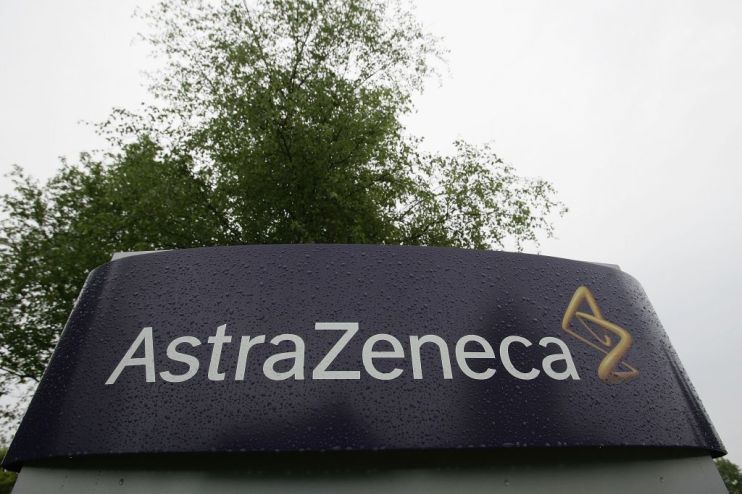Astrazeneca’s non-vaccine therapy cuts chance of getting symptomatic Covid by 77 per cent, trial finds

FTSE-listed Astrazeneca this morning said its Covid-19 antibody therapy met the main goal of preventing coronavirus symptoms in a late-stage study.
It means the Anglo-Swedish pharma is on track to potentially offer an alternative to vaccines for people with weakened immune systems.
Astrazeneca said it will now submit data to try and get emergency authorisation for the antibody therapy’s use.
Astrazeneca said the cocktail of two types of antibodies, initially discovered by Vanderbilt University Medical Center, reduced the risk of developing symptomatic Covid by 77 per cent.
Shares rose initially in London on the news, but are now trading down 0.6 per cent.
More than 75 per cent of the participants had chronic conditions, including some linked to a diminished immune response to vaccination, Astrazeneca said.
The results mark a change of fortune for Pascal Soriot’s company, which reported in June that a smaller late-stage trial failed to provide evidence that the antibody cocktail, known for now as AZD7442, protected people who had contact with an infected person from the disease.
The Anglo-Swedish drugmaker, which has faced challenges with the rollout of its Covid-19 vaccine and is being sued by the European Comission because of a missed delivery schedule, is also working on repurposing existing drugs to fight the virus.